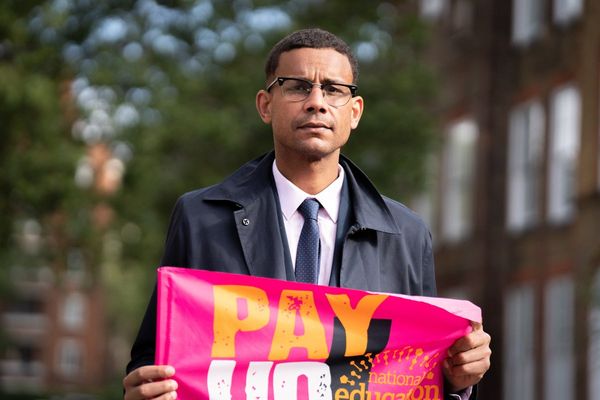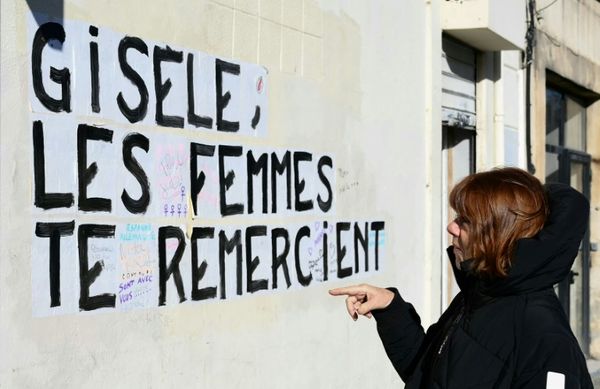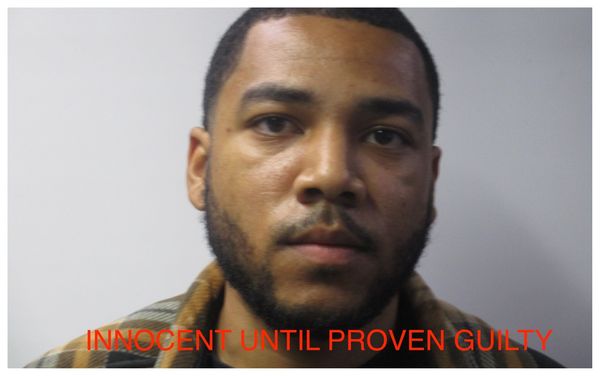
On Friday, thousands took to the streets in support of the hijab and a conservative dress code at government-backed counter rallies in Tehran and other cities including Ahvaz, Isfahan, Qom and Tabriz.
The death of Mahsa while in police custody has since then sparked outrage and has seen women coming on the streets to burn their 'hijab' (headscarf). Some have also posted videos on social media of cutting their hair.
Here are 10 points you need to know:
1. Mahsa Amini died on September 16, three days after she was hospitalised following her arrest by the morality police, a unit responsible for enforcing the Islamic republic's strict dress code for women. As per news report, the 22-year-old reportedly died of a 'heart attack.'
2. The official death toll from the clashes remains at least 17, including five security personnel, but the New York-based Center for Human Rights in Iran (CHRI) put the figure at 36 and said it expected it to rise. As per the Norway-based IHR NGO, at least 50 people killed in Iran protest crackdown.
3. Iran's President Ahmed Raisi cancelled a long-planned interview with CNN's veteran journalist Christiane Amanpour at the United Nations General Assembly on Wednesday after she declined his demand that she cover her head with a scarf during the interview. Amanpour in a series of tweets said that Raisi's aide made it clear that an interview would not happen if she did not wear a headscarf, as it was the months of Muharram and Safar and hence is "a matter of respect".
4. Imam Seyed Ahmad Khatami set the tone at weekly prayers in Tehran, urging "the judiciary to act quickly against the rioters who brutalise people, set fire to public property and burn the Koran".
5. The Iranian army's message on Friday, seen as a warning to protesters enraged by the death, read: "These desperate actions are part of the evil strategy of the enemy to weaken the Islamic regime." The military said it would "confront the enemies' various plots in order to ensure security and peace for the people who are being unjustly assaulted." Intelligence Minister Mahmoud Alavi also on Friday warned "seditionists" that their "dream of defeating religious values and the great achievements of the revolution will never be realized," according to the AsrIran website.
6. Iran has also disrupted internet access to the outside world, according to internet traffic monitor Netblocks, and tightened restrictions on popular platforms used to organise rallies like Instagram and WhatsApp. Access to social media services, Instagram and WhatsApp have been blocked since Wednesday night, and connections were still largely disrupted on Friday.
7. Iran's clerical rulers fear a revival of the protests that erupted in 2019 over gasoline price rises, the bloodiest in the Islamic Republic's history. As per Reuters, 1,500 people were killed.
8. In Madrid, four topless activists from the Femen women's movement protested on Friday in front of the Iranian embassy over Amini's death, carrying signs reading "Women, Life, Liberty" and "Mahsa Amini was assassinated". The protest took place peacefully and there were no arrests. On Thursday, angry protesters in Athens demonstrators tried to approach the Iranian embassy before being forced back by police wielding shields. They chanted slogans and held placards reading "Homophobia and sexism kill." Protests were also held in Canada and the Netherlands.
9. Security forces fired "semi-heavy weapons" at demonstrators during overnight clashes in the northern city of Oshnaviyeh, the Oslo-based Kurdish rights group Hengaw said on Friday. The report could not be independently verified. In nearby Babol, demonstrators were seen setting ablaze a large billboard bearing the image of Iran's supreme leader Ayatollah Ali Khamenei, according to videos shared online.
10. The unrest comes at a particularly sensitive time for the leadership, as the Iranian economy remains mired in a crisis largely caused by sanctions over its nuclear programme. On the oil supply side, efforts to revive the 2015 Iran nuclear deal have stalled as Tehran insists on the closure of the U.N. nuclear watchdog's investigations, a senior US State Department official said, easing expectations of a resurgence of Iranian crude oil exports.







